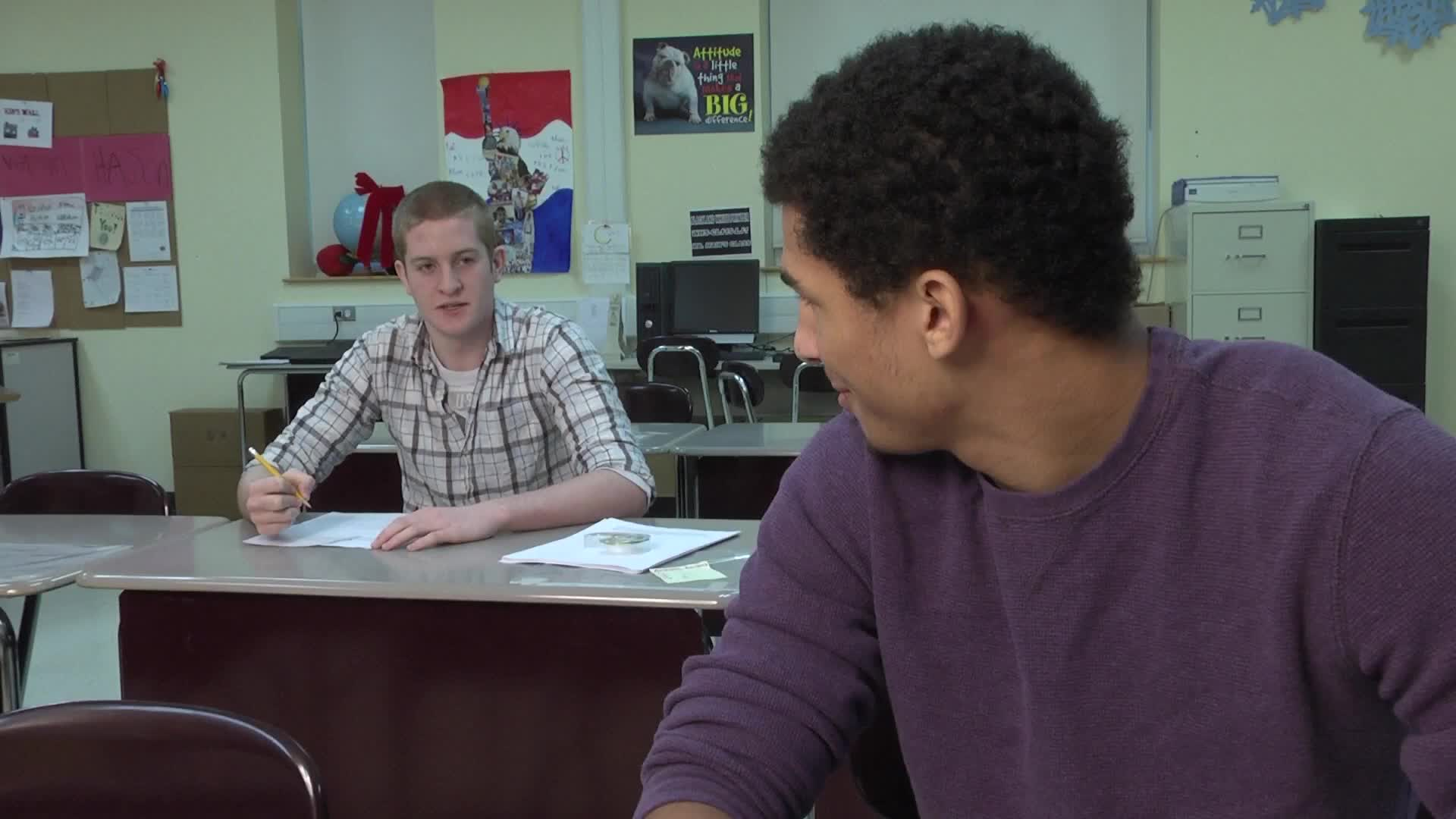
Introduction
Life can be unpredictable, and it is essential for high school students to learn how to adapt to changes in their daily routines. Some students may prefer a structured schedule and can become upset when their plans are disrupted. By incorporating principles of Social-Emotional Learning, educators can help students develop coping strategies and become more resilient in the face of change. This blog post will provide a no-prep activity, discussion questions, and related skills to help students handle changes in their daily routines.
No-Prep Activity: Role-Playing Unexpected Changes
This activity requires no preparation or materials and can be easily implemented in the classroom. Divide students into small groups and give them a scenario where their daily routine is unexpectedly changed. For example, a sudden change in the school schedule or a last-minute assignment. Have the students act out the scenario, discussing their reactions and feelings. Encourage them to practice coping strategies, such as deep breathing, counting to 10, or talking to a teacher. After the role-play, have the groups share their experiences and discuss how they handled the change.
Discussion Questions
- Why do some people have a difficult time adapting to changes in their daily routines? How does this affect their overall well-being?
- What are some strategies that can help students cope with unexpected changes in their daily routines? How can these strategies be practiced in the classroom?
- How can educators create an environment that supports students in becoming more adaptable and resilient to change?
- Why is it important for high school students to learn how to handle changes in their daily routines? How will this skill benefit them in the future?
- How can students support their peers who may struggle with adapting to changes in their daily routines? What role can empathy play in this process?
Related Skills
Several other skills can help students become more adaptable and resilient in the face of change. These include:
- Problem-solving: Learning how to identify and solve problems can help students develop a proactive approach to dealing with unexpected changes in their daily routines.
- Communication: Being able to effectively express their feelings and concerns about changes can help students better navigate their emotions and seek support from others.
- Self-awareness: Understanding their own reactions and emotions in response to change can help students develop coping strategies and become more resilient over time.
- Empathy: Developing empathy for others who are also experiencing change can help students build supportive relationships and create a more inclusive classroom environment.
Next Steps
Helping high school students adapt to changes in their daily routines is an essential part of their personal growth and development. By incorporating the principles of Social-Emotional Learning, educators can provide students with the tools they need to become more resilient and adaptable individuals. To explore more activities and resources for teaching these skills, sign up for free sample materials at Everyday Speech.

